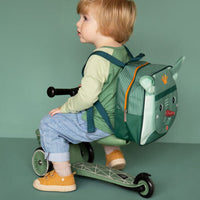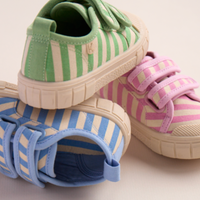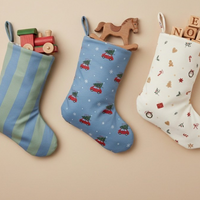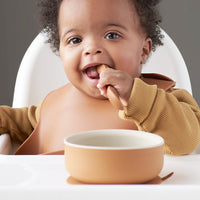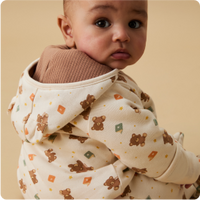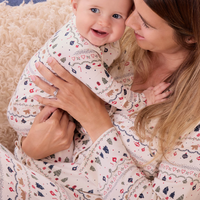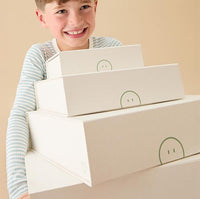1. To prevent listeria infection
Listeriosis is a rare infection that can occur after eating food contaminated with listeria bacteria. It is usually pretty harmless but during pregnancy it has been linked with miscarriage and stillbirth.
To avoid contracting listeria it is best to avoid eating mould-ripened soft cheese (e.g. Brie, Camembert, goats cheese), soft blue veined cheese (e.g. Roquefort, Gorgonzola and Danish blue), pate (including vegetable pate) and sprouted beans and seeds. The good news is that hard cheeses are all perfectly safe to eat, as are soft cheeses that have been pasteurized because the process of pasteurization kills listeria.
2. To avoid overdosing on vitamin A
Whilst vitamin A is an essential part of a healthy diet eating too much of it during pregnancy can result in birth defects. This is why we are told to avoid eating liver during pregnancy as liver contains high levels of Vitamin A. It is also why we are told to stick to multivitamins specially formulated for pregnancy, as regular multivitamins can be too high in vitamin A.



